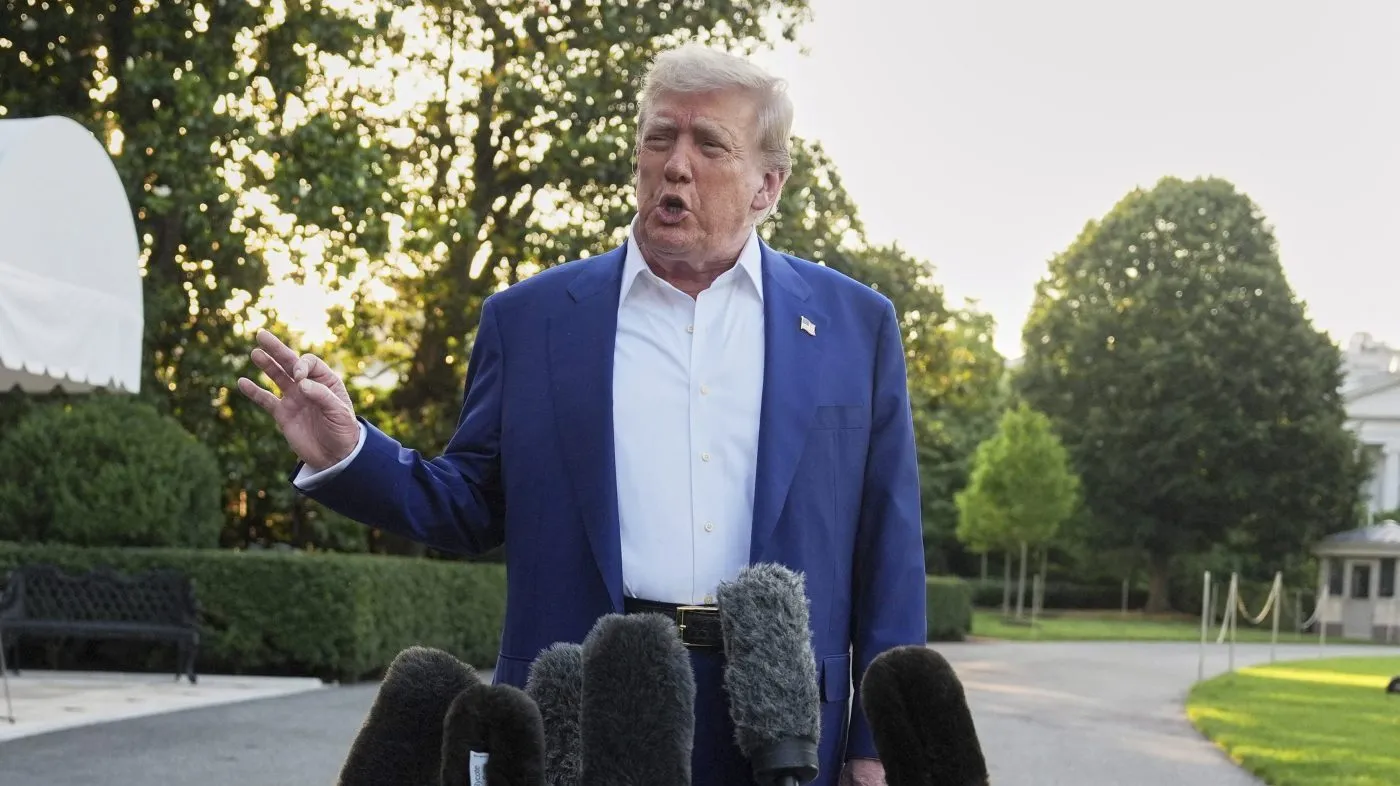In recent years, the relationship between former President Donald Trump and major American news networks like CNN and MSNBC has been notably contentious. Trump has frequently labeled these outlets as the “SCUM network,” a pejorative term that captures his deep distrust and disdain for their coverage, especially regarding sensitive national security topics such as U.S. military actions and foreign policy. This article explores the multifaceted dynamics of this conflict, examining the reasons behind Trump’s accusations, the media’s response, and the broader implications for American democracy and media integrity.
The Roots of the “SCUM” Label
Trump’s characterization of CNN and MSNBC as “scum” largely stems from his perception that these networks systematically produce unfavorable and misleading coverage of his administration. A particular flashpoint involved their reporting on U.S. airstrikes on Iran, where Trump accused these networks of casting doubt on the success and justification of the operations, thereby “hurting” the morale of military personnel involved, such as B-2 bomber pilots. His anger was evident during multiple public rants, including a notable White House lawn outburst where he called the networks “MSDNC” and demanded apologies.
This animosity is not isolated; it reflects a broader skepticism Trump has expressed about mainstream media, which he often accuses of bias, misinformation, and aiming to “demean” him personally and politically. His attacks escalated to suggesting that unfavorable media coverage could be considered “illegal,” which sparked concerns about press freedom and the role of governmental authority in regulating media narratives.
Perspectives from CNN, MSNBC, and the Media Industry
From the perspective of CNN and MSNBC, the criticism is framed as a deliberate effort to hold public officials accountable and ensure transparency. Both networks assert that their investigative journalism and critical coverage are fundamental to democratic oversight, especially when it comes to matters of national security and foreign policy decisions. The skepticism displayed in some reports about airstrike efficacy or strategic outcomes aligns with journalistic duties to question and verify government claims, rather than serving as partisan attacks.
The media industry broadly views Trump’s rhetoric as a threat to press freedom and an attempt to delegitimize independent journalism. Many journalists and experts argue that equating critical coverage with hostility or illegality undermines the essential checks and balances that a free press provides in a democracy. The controversy has also sparked debates within media organizations about balancing critical scrutiny and national security concerns, ensuring responsible reporting without compromising operational secrecy or morale.
The Broader Implications
The conflict between Trump and these networks is emblematic of a larger polarization in American society regarding trust in media. Trump’s aggressive labeling of CNN and MSNBC as “SCUM” networks has contributed to an environment where media consumers are increasingly divided along partisan lines, often rejecting unfavorable news as “fake” or biased. This division complicates efforts to cultivate a shared understanding of facts and challenges media outlets to maintain credibility with diverse audiences.
Moreover, Trump’s suggestion that media actions could be “illegal” raises fundamental questions about the limits of governmental power and freedom of speech. If unfavorable coverage were subject to legal penalties, it would set a dangerous precedent that risks authoritarian control over the press. This tension underscores the delicate balance between national security interests and the public’s right to transparent information.
Conclusion
America’s defense against what Trump terms the “SCUM” network—CNN and MSNBC—reflects a deeper struggle over media trust, political power, and democratic accountability. While Trump views these networks as adversaries undermining national interests and his leadership, the networks and their supporters see themselves as essential watchdogs safeguarding democracy through rigorous journalism. Navigating this conflict requires recognizing the importance of both a free press and responsible reporting, as well as fostering media literacy among the public to discern credible information amid partisan divides.
Ultimately, the controversy serves as a potent reminder of the challenges facing modern democracies in an era of polarized media landscapes and political rhetoric that can erode the foundations of mutual trust and informed citizenry.




